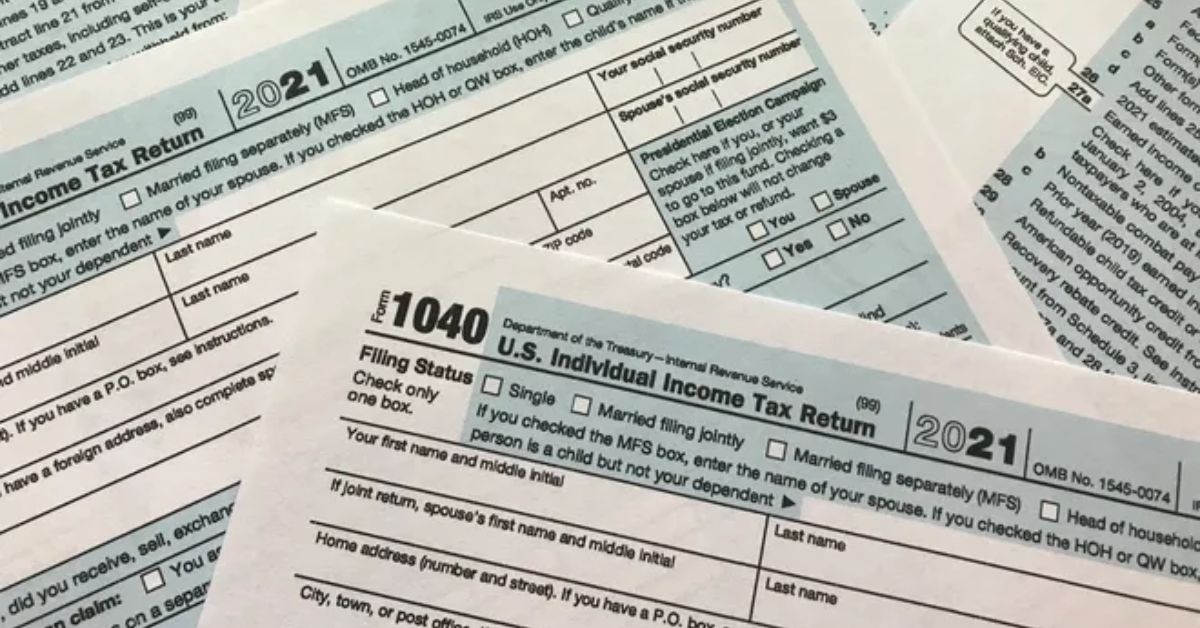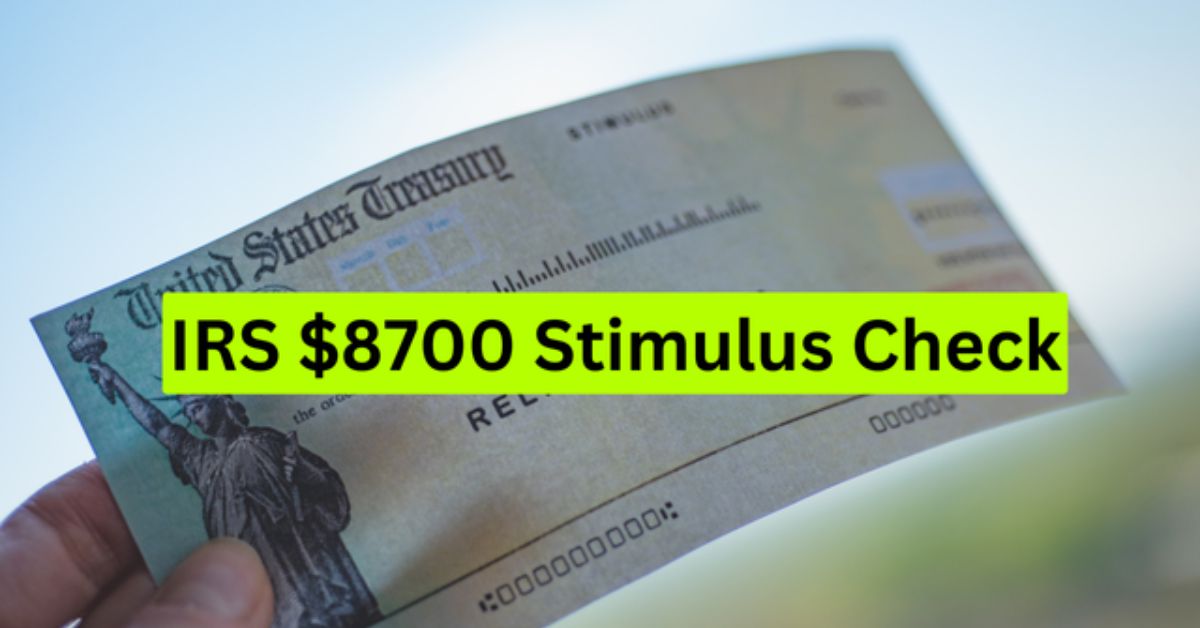WASHINGTON — Following a successful pilot program and extensive feedback from various stakeholders, the Internal Revenue Service (IRS) announced today that Direct File will become a permanent option for filing federal tax returns, starting in the 2025 tax season.
Expanding Access to Direct File
The IRS is exploring ways to expand Direct File to make more taxpayers eligible for the 2025 filing season and beyond. This includes broadening Direct File’s availability nationwide, covering more tax situations, and inviting all states to partner with Direct File next year. Additional details on the 2025 expansion will be announced in the coming months.
#IRS makes Direct File a permanent option to file federal tax returns. Learn about the expanded access planned for more taxpayers for the 2025 filing season: https://t.co/ux1S0JfNmm pic.twitter.com/ppBW378Unx
— IRSnews (@IRSnews) May 30, 2024
Successful Pilot Program
The decision to make Direct File permanent follows a highly successful pilot during the 2024 filing season, where 140,803 taxpayers in 12 states used Direct File. The IRS analyzed data from the pilot, held numerous stakeholder meetings, and gathered feedback from Direct File users, state officials, and representatives across the tax landscape.
The agency heard from hundreds of organizations and more than a hundred members of Congress interested in using Direct File. Although some stakeholders believe current free electronic filing options are adequate, the IRS found overwhelming satisfaction among Direct File users.
More Articles:
- $2000 Stimulus Check Update: Can We Expect Relief Soon?
- Holiday Stimulus Checks 2024: A Boost for Families in Need
Stakeholder Feedback and Data Analysis

In the six weeks following the Direct File pilot, the IRS closely analyzed data and gathered feedback from diverse groups, including Direct File users, state officials, and representatives from the tax community. This analysis supported making Direct File a permanent option, citing high user satisfaction and ease of use.
- User Satisfaction: Over 90% of survey respondents ranked their experience as Excellent or Above Average, citing ease of use, trustworthiness, and the fact that it was free. Additionally, 86% of respondents said their experience increased their trust in the IRS.
- Efficiency: Filing taxes with Direct File generally took less than an hour, with many users completing their returns in as little as 30 minutes. The Treasury Department estimates that Direct File users saved $5.6 million in tax preparation fees this filing season.
- Digital Transformation: The development of Direct File involved a team of tax experts, digital product specialists, engineers, and data scientists from across the federal government, as well as private sector partners. This collaboration resulted in a strong technology product and provided an opportunity to test customer service innovations on a large scale.
IRS Commissioner’s Statement
“The clear message is that many taxpayers across the nation want the IRS to provide more than one no-cost option for filing electronically,” said IRS Commissioner Danny Werfel. “Starting with the 2025 filing season, the IRS will make Direct File a permanent option for filing federal tax returns.
Giving taxpayers additional options strengthens the tax filing system and fits squarely into our effort to make taxes as easy as possible for Americans, saving them time and money.”
Future Plans for Direct File
Building on the success of the pilot, the IRS aims to expand eligibility to more taxpayers across the country. For the 2025 filing season, the IRS will work with all interested states, with no limit on the number of participating states. The agency also plans to gradually expand the scope of tax situations supported by Direct File, focusing particularly on those that impact working families.
Conclusion
Direct File will continue to be one of many filing options available to taxpayers, complementing services provided by tax professionals and commercial software providers. The IRS remains committed to strengthening all free filing options, including the Free File program, the Volunteer Income Tax Assistance (VITA) program, and the Tax Counseling for the Elderly (TCE) program.



